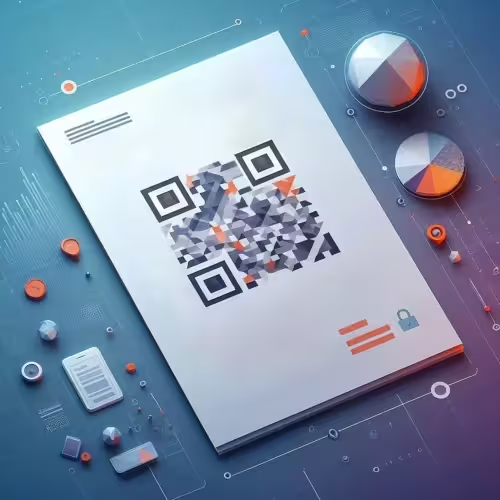The Need for Enhanced Security at University Cheikh Anta Diop
The University Cheikh Anta Diop has faced significant security challenges, particularly highlighted by the events of June 1, 2023, which led to substantial damage to the campus. In response, the university’s administration, in collaboration with the Centre des Œuvres Universitaires de Dakar (COUD), decided to introduce a new senegal student card identification system, the “CARTE COUD”, to enhance security measures across the campus.
Introduction to the COUD and its Mission
The Centre des Œuvres Universitaires de Dakar (COUD) was established to improve the living and working conditions of students at the University Cheikh Anta Diop. COUD’s mission includes providing essential services such as accommodation, medical care, and dining facilities, while also ensuring the security and well-being of students.
The Enrollment Process for Students
To streamline the identification process and improve security, all students are now required to undergo a new enrollment process. This involves obtaining the “CARTE COUD,” which includes advanced biometric verification methods. This new card not only serves as proof of enrollment but also grants access to various campus services and facilities.
BioSeal Technology
What is BioSeal?
BioSeal is a cutting-edge technology designed to enhance the security of identification documents through biometric verification. By incorporating biometric data such as facial and fingerprint recognition, BioSeal ensures that each ID card is unique and virtually impossible to forge.
Implementation of BioSeal on Student ID Cards
The integration of BioSeal on student ID cards involves embedding biometric data directly onto the cards. This data is then used to verify the identity of the cardholder through facial or fingerprint recognition, ensuring that only authorized individuals can access campus facilities and services.
Technical Aspects of BioSeal
BioSeal technology operates through advanced encryption and biometric data processing. The biometric information is securely stored on the ID card and is only accessible through authorized verification devices. This robust security mechanism protects against identity theft and unauthorized access.
Case Study: BioSeal in Dakar
Motivation for BioSeal Implementation
The primary motivation for implementing BioSeal at the University Cheikh Anta Diop was to enhance campus security and ensure the authenticity of student identities. By adopting BioSeal, the university aimed to prevent unauthorized access and improve the overall safety and efficiency of campus operations.
The Integration Process
The integration process involved a collaboration between COUD and BioSeal technology providers. This included the setup of biometric enrollment stations, the distribution of BioSeal-enabled ID cards, and the installation of verification devices across the campus.
Challenges Faced and Overcome
While implementing BioSeal, several challenges were encountered, including technical issues and initial resistance from students. However, through continuous communication and training sessions, these challenges were effectively addressed, ensuring a smooth transition to the new system.
Benefits of Using BioSeal on Student ID Cards
Improved Security and Authentication
BioSeal significantly enhances the security of student ID cards by ensuring that each card is linked to the unique biometric data of the cardholder. This prevents unauthorized access and reduces the risk of identity fraud, providing a safer campus environment.
Streamlined Access to University Services
With BioSeal, students can easily access various university services such as dining, medical care, and accommodation. The biometric verification process simplifies and speeds up service access, benefiting both students and university staff.
Broader Implications for University Management
The implementation of BioSeal has broader implications for university management. It streamlines administrative processes, improves record-keeping, and enhances overall operational efficiency. This technology sets a precedent for other educational institutions considering similar upgrades.
Future Prospects
Expanding BioSeal Use in Education
The success of BioSeal at the University Cheikh Anta Diop opens up possibilities for its adoption in other educational institutions. By enhancing security and streamlining administrative processes, BioSeal can significantly benefit the education sector.
Innovations and Future Upgrades in BioSeal
As technology continues to evolve, BioSeal is expected to undergo further innovations and upgrades. These advancements will enhance its capabilities, ensuring that it remains a robust and future-proof solution for identity verification.
Conclusion
The introduction of BioSeal technology at the University Cheikh Anta Diop represents a significant advancement in student identity verification. By enhancing security and efficiency, BioSeal not only improves the safety of the campus but also sets a new standard for educational institutions. As this technology continues to evolve, its impact on the education sector is poised to grow, offering even greater benefits in the future.
FAQ
Answers to some questions you might have.
